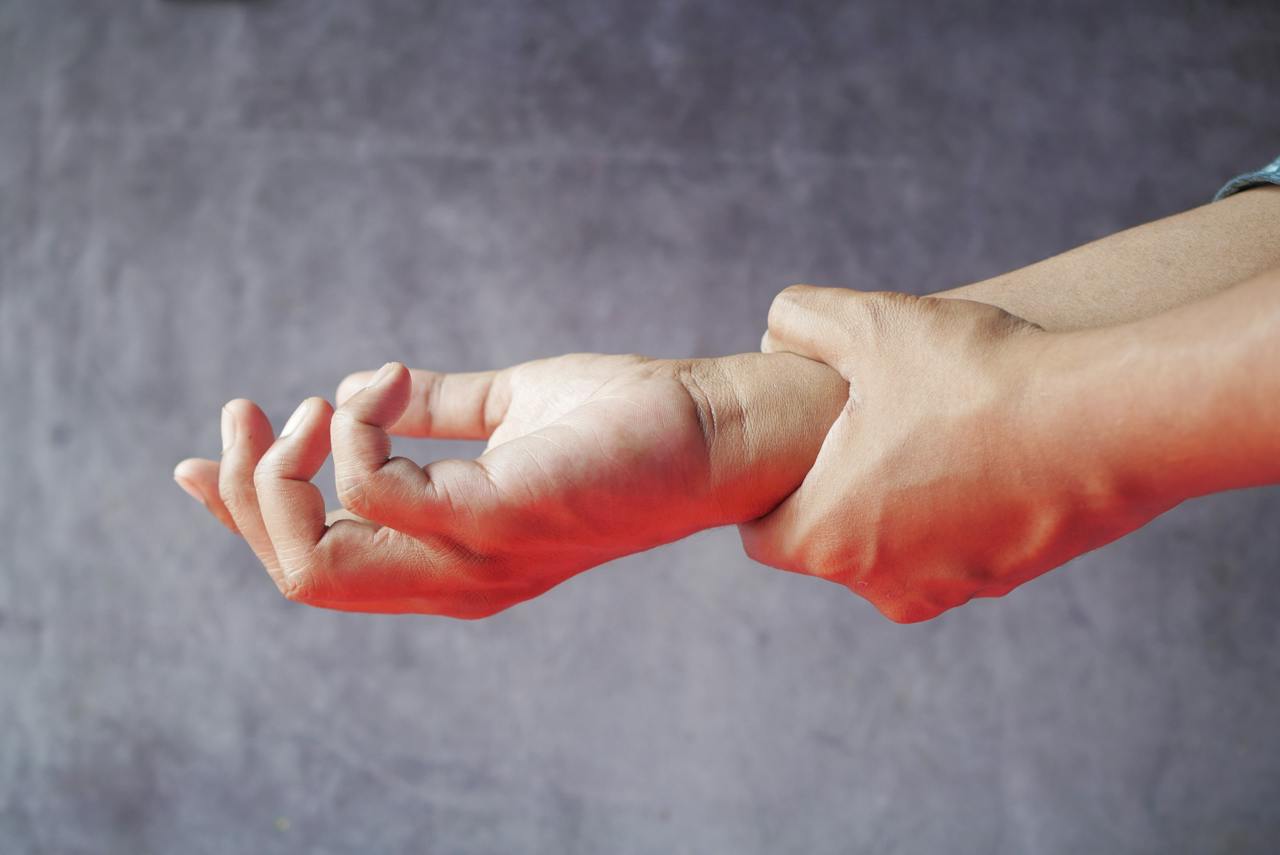In the blink of an eye, a personal injury accident can change the course of your life, particularly if you suffer an orthopaedic injury. These injuries affect the musculoskeletal system and encompass a range of conditions, from fractures and dislocations to sprains and strains, each requiring careful attention and specialized care.
Orthopaedic injuries can arise from various scenarios, such as car accidents, slips and falls, workplace incidents, or recreational incidents. The impact extends beyond the initial physical trauma and can affect a person’s ability to perform their daily activities work-related duties, and maintain their pre-accident quality of life.
This blog aims to shed light on the intricacies of orthopaedic injuries by providing insights into different types of orthopaedic injuries, the challenges faced during recovery, and the importance of seeking timely medical attention and legal advice if the injury is a result of another person’s negligence.
What is an Orthopaedic Injury?
Any injury affecting the musculoskeletal system is considered an orthopaedic injury, including injuries involving bones, joints, cartilage, tendons, ligaments, and/or muscles that support the bones. Many types of orthopaedic injuries heal well without residual pain or functional restrictions. However, in some cases, the injury may not heal correctly despite proper care and rehabilitative treatment, which can result in long-term consequences.
Types of Orthopaedic Injuries
Orthopaedic injuries can occur in many parts of the body and can involve:
- Fractures and breaks
- Dislocations
- Sprains
- Strains
- Tears
Some common types of accuse orthopaedic injuries includes:
- Ankle sprain
- Wrist fracture
- Labral tear (shoulder dislocation)
- Compression fracture
Orthopaedic injuries can result from car accidents, slip and falls, sports accidents, recreational accidents, and industrial accidents. While these injuries can impact anyone, age can also be a risk factor for a variety of orthopaedic injuries as bone density decreases, making elderly individuals more prone to a break or fracture.
Treatment and Rehabilitation
Depending on the type of orthopaedic injury sustained, different treatment and rehabilitation approaches might be required. For example, certain dislocations and fractures can be treated through non-surgical intervention, such as casts, splints, and braces, to immobilize the affected area and stabilize the fracture to allow for healing. In cases of a severe injury, surgery may be required to provide internal stabilization, such as screws and plates. More complex surgical interventions, such as bone grafts and reconstruction, may be required if an injury is severe.
The recovery period for orthopaedic injuries can be lengthy and often involves the use of physiotherapy, massage therapy, and occupational therapy to aid the healing process and help individuals regain their full range of motion and pre-accident strength.
The Impact of Orthopaedic Injuries on Daily Life
Orthopaedic injuries can influence nearly every facet of an individual’s daily routine. Understanding the nuances of orthopaedic injuries is crucial for those directly affected by the injury and their support system. By unravelling the complexities of orthopaedic injuries, injured individuals can make informed decisions about their recovery journey and personal injury claim and ultimately regain control over their lives.
Mobility and Functional Restrictions
Orthopaedic injuries often impose significant limitations on an individual’s ability to move freely. The simplest tasks, such as walking, climbing stairs, or bending, become intricate feats. Mobility restrictions can hamper independence and induce frustration and dependency for the injured individual. For example, an individual suffering from a fractured leg may require the use of crutches or a wheelchair for an extended period of time, hindering their ability to navigate both familiar and unfamiliar environments.
Occupational Limitations
The impact of orthopaedic injuries on occupational pursuits is substantial. For individuals with physically demanding jobs, such as construction workers, their ability to carry out essential tasks of their daily employment may be compromised. For those who work sedentary and desk-based jobs, the prolonged periods of immobility required during their recovery can lead to their inability to work, which can cause financial strain, even with the assistance of disability benefits.
Emotional and Psychological Impact
The psychological toll of orthopaedic injuries is often underestimated. Coping with pain, the loss of independence, and the disruption of daily routines can contribute to feelings of anxiety, depression, and isolation. An injured individual must work through physical pain, rehabilitation, mental resilience, and psychological impacts throughout recovery. For example, if an individual led an active and social pre-accident life, they may struggle physically and emotionally when adjusting to a more sedentary lifestyle.
How a Personal Injury Lawyer Can Help
If your orthopaedic injury results from someone else’s negligence, it is important to consult with an experienced personal injury lawyer who can advise you of your rights and options and can help you commence a personal injury claim. Whether you can return to your pre-accident lifestyle or reach “maximum medical improvement,” a knowledgeable personal injury lawyer can ensure that you receive appropriate financial compensation. By working with your medical team, your personal injury lawyer can help you determine your current losses and potential future expenses and ensure that your personal injury claim is managed appropriately from commencement to settlement. If litigation is necessary, a trusted personal injury lawyer will provide exceptional advocacy and superior representation to ensure you are positioned for success at trial.
Contact the Experienced Personal Injury Lawyers at Cuming & Gillespie for Assistance With Your Orthopaedic Injury
At Cuming & Gillespie, our knowledgeable Calgary personal injury lawyers understand that orthopaedic injuries and fractures can cause pain and impact functional abilities for years, and in some cases, for life. If you have sustained an orthopaedic injury due to another person’s negligence, it is important to seek legal advice as soon as possible. While you prioritize medical treatment and recovery, our lawyers will manage your claim and ensure you are positioned to recover the maximum possible compensation. To schedule a confidential consultation with one of our lawyers, contact us online or at 403-571-0555.

